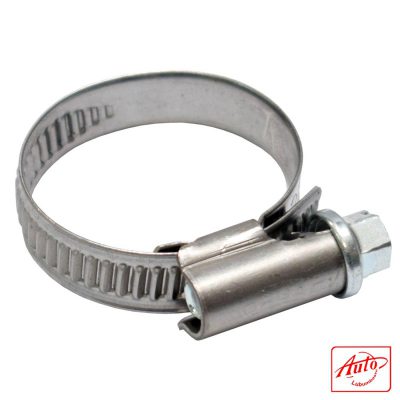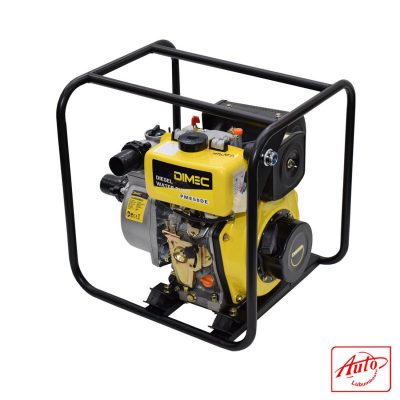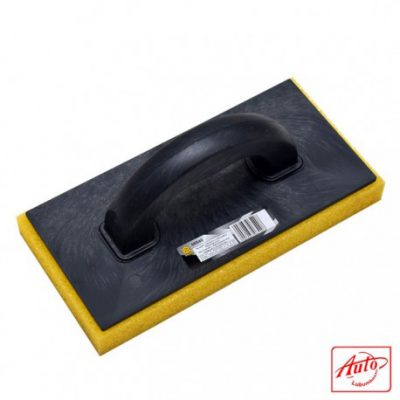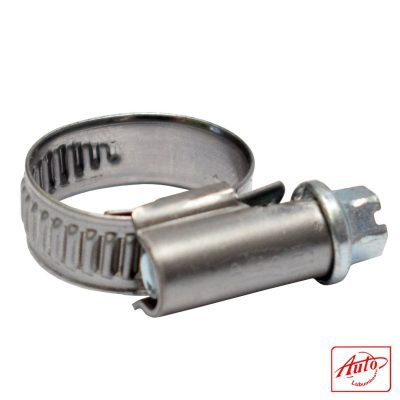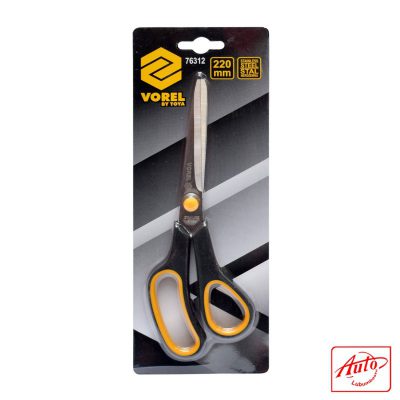ALCOLIN P300 GREY CERAMIC TILE ADHESIVE is a high quality, grey, cement-based ceramic tile adhesive specially formulated for interior/exterior wall and floor applications ALCOLIN P300 GREY CERAMIC TILE ADHESIVE is used for the fixing of mosaic, ceramic, stone, brick, and clay tiles to cement render, screeds, concrete and primed fibre-cement surfaces.
General information :
Features & Benefits
- Good anti-slump properties – easily applied to vertical surfaces.
- Good wet tack – holds tile instantly in place with no slip.
- Good workability – easy to spread.
- Cement based – suitable for interior and exterior applications.
Applications
ALCOLIN P300 GREY is formulated for interior/exterior wall and floor applications to cement render, screeds, concrete and primed fibre cement surfaces.
Adhesion
Excellent adhesion to light mosaic, ceramic, stone, brick and clay tiles.
Limitations
Not suitable for butt joining tiles.
Do not tile over existing structural movement joints, rather have the new expansion joints coincide with these.
Not suitable for porcelain or vitrified tiles. For this application use ALCOLIN PORCELAIN FIX 6HRS TILE ADHESIVE.
Not suitable for bonding porous light-coloured natural stone, marble or travertine as it may cause discolouration.
ALCOLIN RAPID-SET MOSAIC MARBLE FIX has been specifically developed for this type of application.
Safety instructions
ALCOLIN P300 GREY contains cement, which is alkaline and may cause skin irritation. Do not ingest. Keep away from children and pets. Do not empty into drains. Wear rubber gloves. Avoid contact with eyes. Allow any unused product to dry before disposing of the container. In the event of skin contamination, rinse thoroughly with cold water. Seek medical assistance if irritation or discomfort persists. Refer to our Material Safety Data Sheets for further toxicological information and comprehensive handling instructions.
Surface preparation
Site conditions should comply with the latest SABS Standards editions: SABS 021 (Code of Practice for the Waterproofing of Buildings including damp-proofing and vapour barrier installation), SANS 10109-2:2004 (Concrete Floors Part 2: Finishes to concrete floors), SABS 0107:1996 (Code of Practice for the design and installation of ceramic tiling).
Surfaces must be dry, firm and clean, free of loose material, mould oil, grease, wax polish, organic growth and any moisture. Organic growth must be removed and the spores killed with an effective fungicide such as a household bleaching solution.
At least one of the surfaces should be absorbent i.e. back of the tile or the substrate.
Bitumen waterproofing membranes should be treated with at least a 3mm coating of ALCOLIN Z100 FLOOR SCREED/ALCOLIN Z101 RAPID SET FLOOR SCREED before applying adhesive.
Cement-based plaster and screeds must be at least two weeks old and concrete surfaces at least four weeks old to avoid excessive movement due to shrinkage.
Gypsum plaster surfaces the surface must be chipped to expose 80% of the substrate and primed with a coat of ALCOLIN PERMOBOND or scratch coat.
Friable and chalking surfaces need to be primed with a coat of ALCOLIN PERMOBOND, which must be brushed well into the substrate.
Water sensitive timber-based surfaces should be sealed with the appropriate sealant e.g. polyurethane, prior to Tiling.
Painted surfaces must be chipped thoroughly to expose 80% of the substrate and a priming coat of ALCOLIN PERMOBOND applied.
Floor coverings and bitumen coated surfaces (not waterproofing membranes) must be stripped clean and treated with ALCOLIN PERMOBOND or a scratch coat followed by screeding with ALCOLIN Z100 FLOOR SCREED/ALCOLIN Z101 RAPID SET FLOOR SCREED.
Smooth surfaces such as power floated and off shutter concrete, the laitance must be removed and a priming coat of ALCOLIN PERMOBOND or scratch coat applied.
Ceramic tile surfaces and existing tiles must be firmly in place. The surface should be primed with ALCOLIN PERMOBOND or scratch coat. Unsound or damaged surfaces must be chipped to expose 80% of the substrate and primed with a coat of ALCOLIN PERMOBOND or a scratch coat.
It is essential that suitable damp-proof membranes be in place to prevent rising damp.
Under floor heating should be turned off for at least 48Hrs prior to and after application.
Particular attention must be paid to the Tile Manufacturer’s instructions. i.e. any pre storage conditions prior to Installing.
For ALCOLIN PERMOBOND, ALCOLIN Z100 FLOOR SCREED, ALCOLIN Z101 RAPID SET FLOOR SCREED, or ALCOLIN TILE GROUT application instructions, refer to the relevant data sheets.
A scratch coat can be mixed as follows: premix 1 part cement: 3-part sand add diluted Permobond 1 part: 1 part water, until desired consistency is achieved.
Expansion joints
All expansion and movement joints to extend through adhesive bed and tiling. Do not tile over existing structural movement joints.
Movement joints should be located in both directions at maximum 5m for interior applications and every 3m for exterior applications.
Movement joints should also be located in all horizontal and vertical corners, against obstructions fixed to the structural background and over all discontinuities in building materials, e.g. at interfaces of concrete and brickwork.
In addition, perimeter joints should be located around any fixtures protruding through the tiled surface. See SABS 0107:1996 (Code of Practice for the design and installation of ceramic tiling).
Do not tile over existing structural movement joints.
Directions for use
Minimum grouting joint width for walls is to be 2 mm and for floors 3 mm.
Do not butt joint tiles.
Use a 6mm notched trowel for wall tiles, and a 10mm notched trowel for floor tiles, and apply to a thickness of 3mm on walls, and 6mm on floors. As a guideline, it is estimated that the coverage is 0,3 m² per 1 kg using a 6 mm x 6 mm notched trowel at 6 mm intervals. The estimated coverage depends on the nature of the surface to be tiled.
Heavily lugged, grooved or dovetailed tiles must be buttered with adhesive before bedding into the troweled adhesive in order to prevent any voids.
If the tiles do not have spacer lugs, plastic spacers may be inserted between the tiles to help maintain straight grout lines. Remove these after placing the tile, before they become firmly set in the adhesive.
Do not spread more adhesive than can be tiled in 10 minutes.
Press tiles firmly into wet adhesive with a twisting action (before surface drying/skinning occurs).
Use a “RUBBER MALLET” to bed large or heavy tiles.
Occasionally lift a tile to check that full contact is being made between the tile and the adhesive.
USE ONLY DRY TILES.
Clean excess adhesive off tile surface, grout joints and tools while still wet.
Mixing
Add ± 3 volumes of ALCOLIN P300 GREY to 1 volume of clean cold water or gradually mix 20 kg of ALCOLIN P300 GREY to ± 4.5 liters of cold clean water.
Mix to a smooth paste.
Allow mix to gel for 5 minutes.
Remix before use. DO NOT ADD MORE WATER.
Do not mix more adhesive than can be used within ± 1 hour.
NOTE: For enhanced adhesion, flexural strength and water resistance in particularly difficult conditions i.e.
permanently wet or high traffic areas, replace the water addition rate for ALCOLIN P300 GREY with ALCOLIN PERMOBOND diluted 1-part Permobond with 3-part water.
Grouting
Ensure that the joints are free of tile adhesive residue and any foreign matter. Allow a minimum of 24 hours before grouting. Grout with ALCOLIN GROUT.
Cleaning: Tools can be cleaned with water and soap when adhesive is still wet.
Product packaging :20kg pocket
Application data
| Initial setting time | ± 6 hours at 25ºC and 50% humidity |
| Final setting time | ± 24 hours at 25ºC and 50% humidity |
| Correction time | ± 5 minutes at 25ºC and 50% humidity |
| Open time | ± 10 minutes at 25ºC and 50% humidity |
| Pot life | ± 4 hours at 25ºC and 50% humidity |
| Pot life with Permobond | 4hrs |
| Grouting | After 24 hours |
| Mixed weight | ±1.8 kg per litre |
| Coverage/kg | ± 0.3m² using 6mm notched trowel (6 m² / 20kg pocket)
± 0.2m² using 10mm notched trowel (4 m² / 20kg pocket) |
| Tools | Walls – 6mm X 6mm tooth gap at 6mm intervals;
(Heavy or large tiles – use floor trowel) Floors – 10mm X 10mm tooth gap at 6mm intervals |
Performance data
| Moisture resistance | Good |
| Moisture resistance with
Alcolin Permobond |
Very good |
| Service temperature range | + 100°C |



